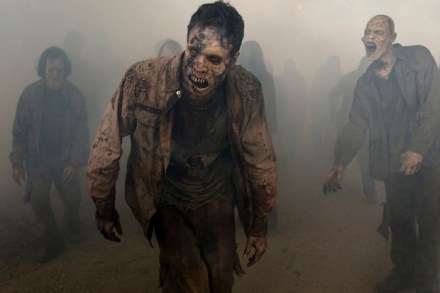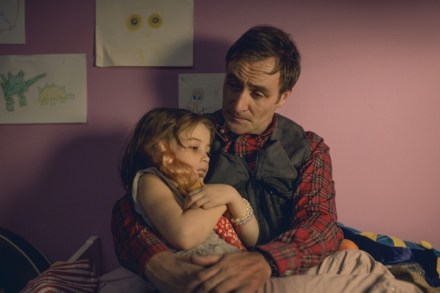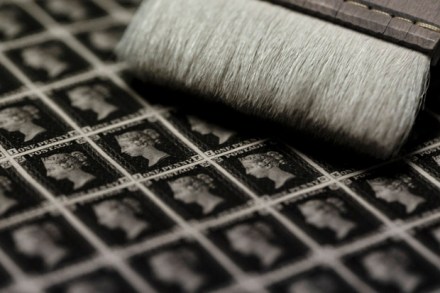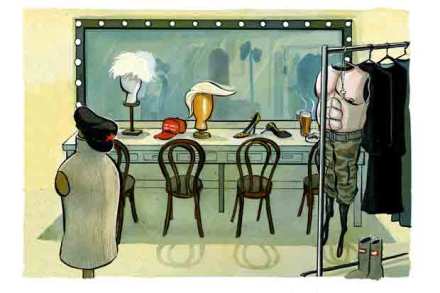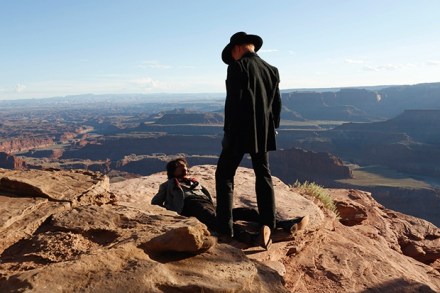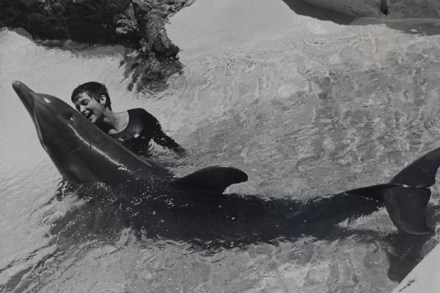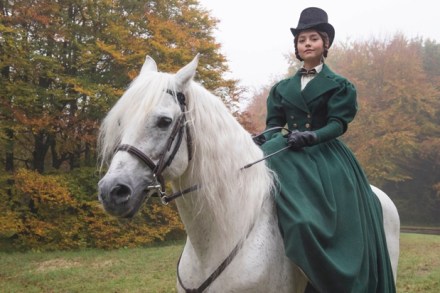Cosy catastrophe
When I was a child in the 1970s, the two big excitements of the run-up to Christmas were first the chocolate Advent calendar which, somehow, I managed to smuggle past the prison-guard inspection at my Colditz-like prep school; and second, browsing the Radio Times to see what televisual delights the Christmas hols had in store. Now I hardly bother with chocolate —unless it’s Artisan du Chocolat, in which case, yes please. And I find Christmas TV, all Christmas TV, even if it’s a Nick Park animation that has never been on before, so intrinsically depressing that I just want to string myself up from one of the giant black hooks
